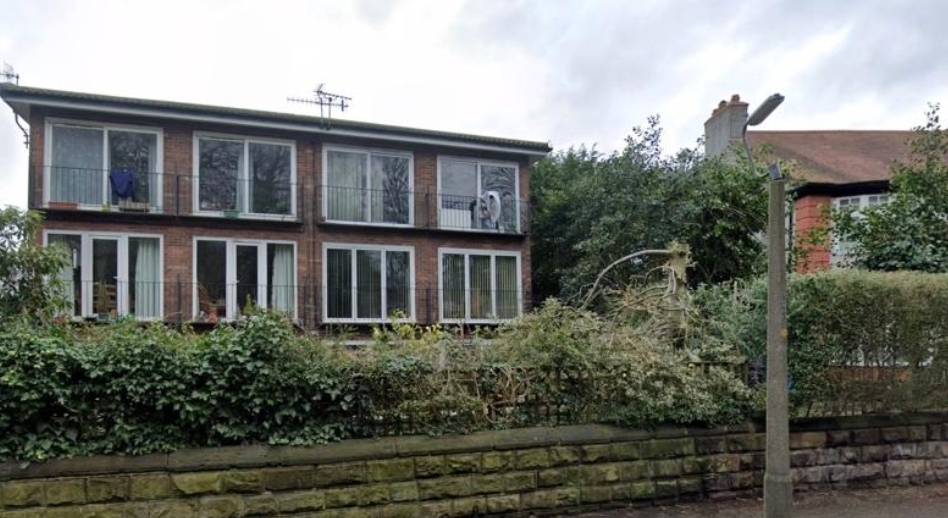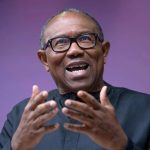Chinese investment firm Zhongshang Fucheng Industrial Investment Ltd has taken control of two Nigerian-owned residential properties in Liverpool, UK, as part of efforts to recover $70 million from an arbitration judgment. The properties, located at 15 Aigburth Hall Road and Beech Lodge, 49 Calderstones Road, were seized after Nigeria failed to settle the arbitration award issued in March 2021.
The dispute dates back to 2016 when the Ogun State government rescinded Zhongshang’s rights to a free trade zone, violating a 2001 trade treaty between Nigeria and China. In response, Zhongshang pursued legal action and was awarded $55.7 million plus interest and costs, totaling over $70 million. With Nigeria failing to pay, the UK High Court granted the firm permission to seize assets, leading to the confiscation of the two Liverpool properties in June 2024.
The properties are now slated for sale on global platforms like eBay, with an expected price of $2.2 million. Although owned by Nigeria, the properties were not protected as diplomatic assets, allowing their seizure. Court documents revealed that the buildings had been rented out to private tenants with no connection to Nigeria’s diplomatic mission.
Zhongshang’s move to recover its funds mirrors a similar arbitration case involving P&ID, which nearly cost Nigeria over $11 billion. Unlike P&ID, which was exposed for corruption, the Zhongshang case has been upheld by multiple courts across Europe. Nigerian-owned assets in the UK, Belgium, France, and the US remain under scrutiny as the company seeks to recoup its losses.
A consultant involved in the process emphasized that the sale would be transparent, ensuring that Nigerians are aware of how much is being recovered. “Zhongshang promised to be transparent with the sale because of the keen public interest of Nigerians in the matter,” the consultant stated.
The ongoing legal battle has once again highlighted Nigeria’s vulnerability in international arbitration, raising questions about the management of its foreign assets and adherence to global trade agreements.






2 Comments